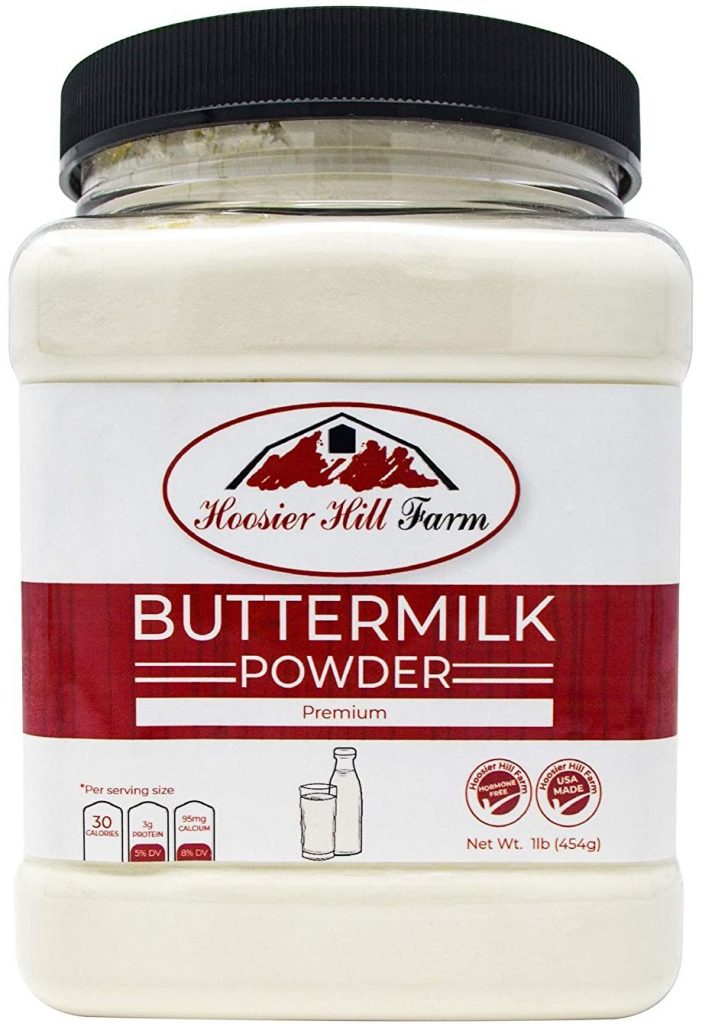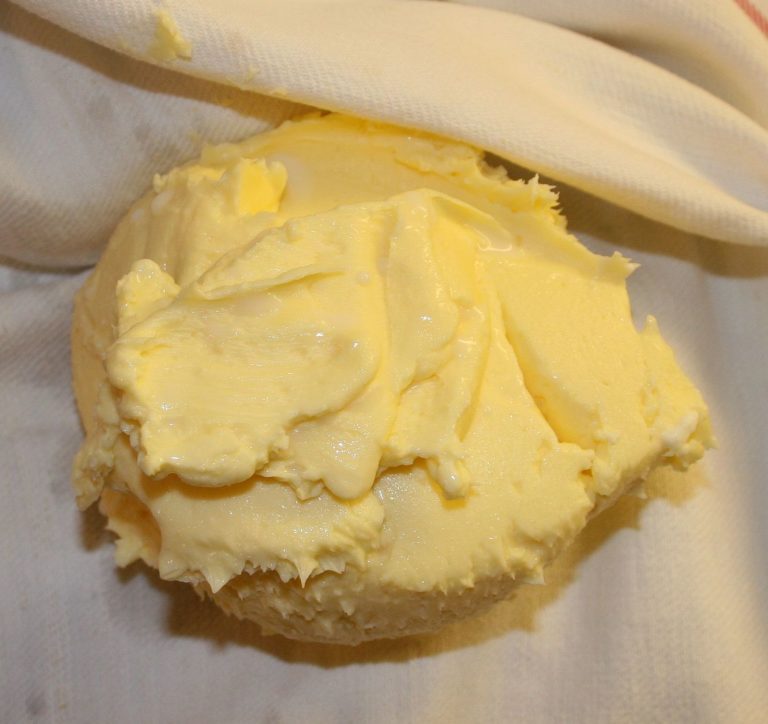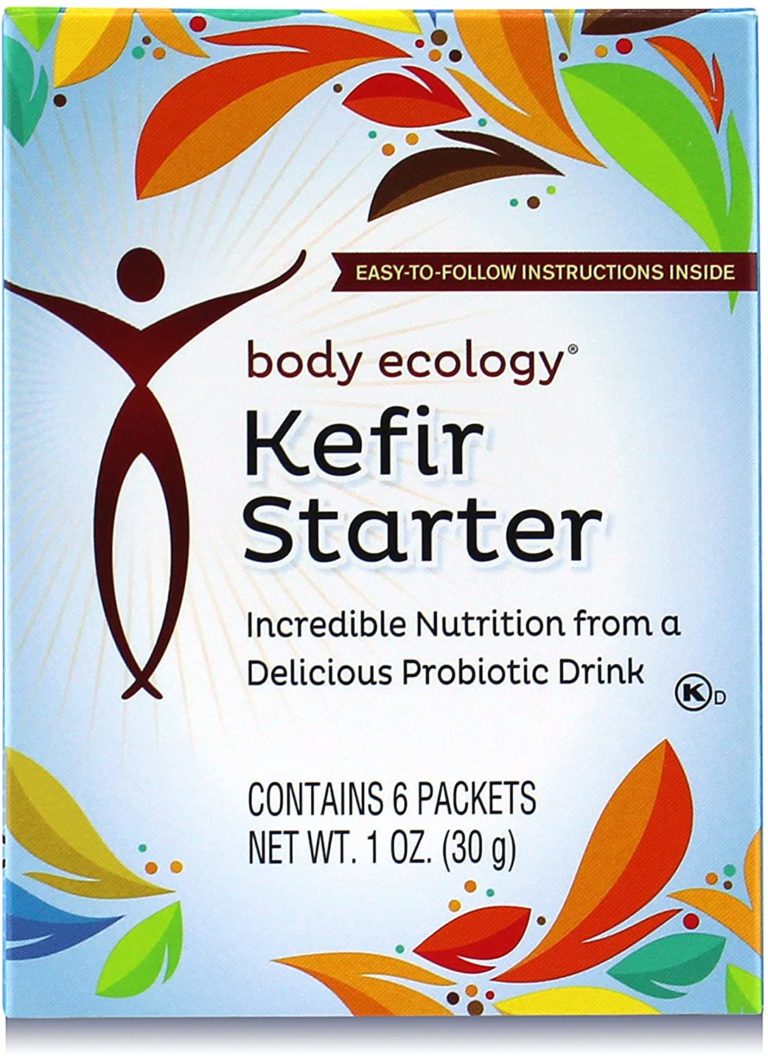Fermented Milk Products | The Delicious Milky Way
Do you enjoy a creamy yogurt or a smooth, creamy cheese that makes your mouth water. Who doesn’t? A common complaint is that healthy food is boring and tasteless. Not true. Fermented milk products prepared on full-fat milk or cream are delicious. Below are a few examples of good choices you can try.
Fermented milk products
This list of fermented dairy products can assist you in making wise choices. Raw Farm has a great collection of raw cheese and kefir. All the images refer to their products. I don’t think you will regret trying them.
Yogurt
Most supermarkets have a dazzling array of yogurt products. But most are loaded with sugar and with little or no live bacteria.
A better choice is plain, unflavoured, full-fat, unsweetened yogurt like Greek yogurt with live microorganisms. Such yogurt has a creamy, full taste. Homemade yogurt is great.

Aged cheese
Most commercial hard cheese and low-fat cheese is not that great – it’s not very healthy and often with poor taste.
Better choices are blue cheese and aged full-fat hard cheeses. You have the classics like the full-flavored French cheeses Roquefort Camembert, Comte, and Morbier, and the Italian Taleggio. Many Swiss cheeses are also creamy and full-flavored! Cheddar is superb, especially when it’s matured for one year as it is higher in spermidine, a polyamine that triggers autophagy. Parmesan is also high in spermidine.
Kefir
Kefir is an ancient, fermented milk product produced by adding yeast and bacteria to milk (cow, goat, sheep, coconut). Try making kefir home. All you need is a kefir culture starter and some milk. Over-ripe kefir is an interesting variation.

Kefir is similar to yogurt but contains different microorganisms. Kefir can contain up to 50 different kinds of microorganisms – beneficial bacteria and yeast. This is a main reason for its health benefits. Here are a few:
- Kluyveromyces marxianus
- Lactococcus lactis
- Lactococcus cremoris
- Streptococcus thermophilus
- Lactobacillus delbrueckii
- Lactobacillus casei
- Kazachstania unispora
- Lactobacillus acidophilus
- Bifidobacterium
- Leuconostoc mesenteroides
- Saccaromyces unisporus
Cultured buttermilk
Buttermilk it what is left when making butter. It’s lighter than yogurt and is great in smoothies. But it excels in everything baked as it promotes a good rise of the dough. You can also ferment buttermilk which tastes a bit tangier.
Cultured butter
Fermented butter has a creamy and more “buttery” taste, and when preparing it yourself you can make it just the way you love it. I sometimes add herbs or chili which also looks appealing.
Lassi

Lassi is an Asian raw yogurt drink traditionally enjoyed before dinner. Try the unsweetened kind and add fruit, berries or herbs to enhance the flavor—mango, strawberries, saffron are superb additions. When visiting Turkey, we were offered a similar drink called ayran or laban. It is yogurt mixed with cold water and sometimes a little salt that tastes very refreshing in the summer.
Make good choices
Wherever you live, you can probably find fermented dairy products that are both healthy and tasty.


